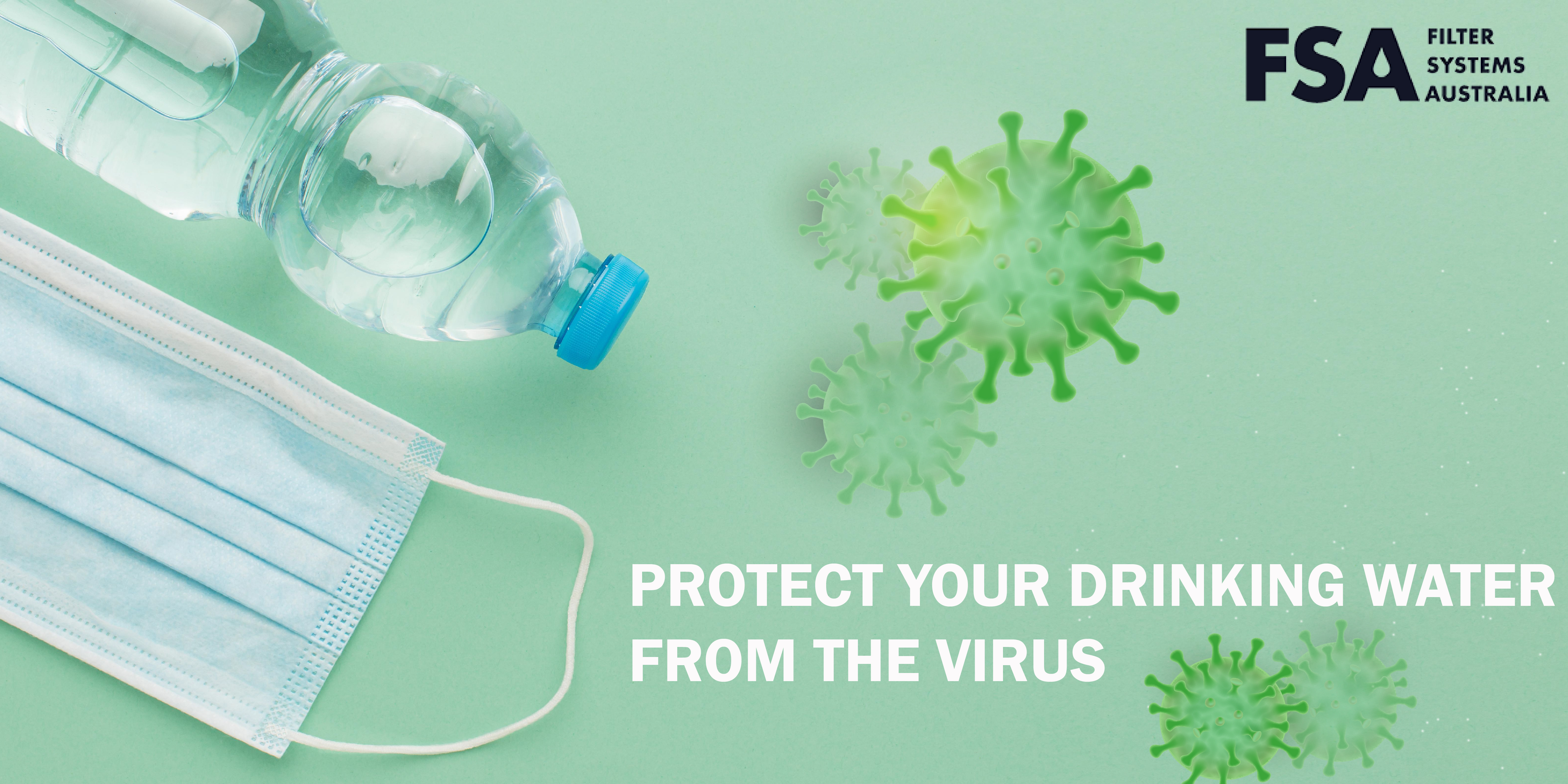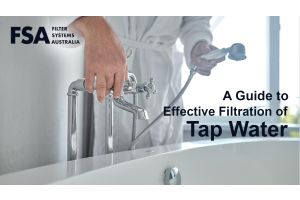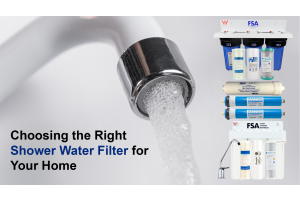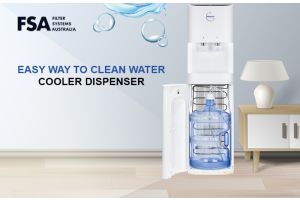

A lot is being said, a lot is being believed, a lot of is being assumed about the novel coronavirus. The COVID-19 outbreak has made us all more cautious about our health and more observant of our hygiene practice than ever before. Amongst all the concerns and uncertainties that have been surfacing during the pandemic, many of you may have wondered about the spread of the coronavirus through water.
Is tap water safe to drink during the pandemic?
Can coronavirus live in water?
Is it safe to drink bottled water?
How can you protect your drinking water from the virus?
There are so many questions that people have been asking out of concern and worry amidst the pandemic. This blog aims to address common concerns that people have regarding COVID-19 and water transmission so you can maintain highest level of hygiene standards and take steps that are necessary to ensure your safety and your loved ones.
Frequently Asked Questions about COVID-19 Water Transmission
When the novel coronavirus emerged a year ago and swept across the world, hand sanitiser, toilet paper and disinfectant wipes were not the only things that flew off the shelves. Studies and research data reported that during the pandemic, shopping carts have also been brimmed with something that most people buy from supermarkets and use on the daily – bottled water.
When the novel coronavirus emerged a year ago and swept across the world, hand sanitiser, toilet paper and disinfectant wipes were not the only things that flew off the shelves. Studies and research data reported that during the pandemic, shopping carts have also been brimmed with something that most people buy from supermarkets and use on the daily – bottled water.
During the initial months of the pandemic, shoppers largely purchased bottled water while stockpiling essential commodities for the lockdown period. Reports have it that even Amazon ran out of most brands of bottled water by mid-March. That month also ended with a 57% of increase in sales of bottled water as compared to the same time in 2019. People have been clearly concerned about having enough drinking water for themselves and their households while they are required to quarantine during the pandemic.
Answered below are some questions related to the susceptibility of water to deadly coronavirus, which will certainly provide you with some clarity on your safety and hygiene practice during the pandemic.
Can coronavirus spread through tap water?
Tap water has been recommended safe to drink as there is no evidence on the survival of the virus that causes COVID-19 illness in drinking water. Water treatment plants regularly use filtration processes and disinfectants to remove or kill germs, like coronavirus. So it is very unlikely for the coronavirus to survive in treated and disinfected water. What’s confirmed till now is that COVID-19 can spread mainly through close physical contact from person-to-person.
Combine this information with the installation of a carbon water filter or an RO unit or any other filtration system that meets your home’s water treatment needs, to be confident that your family and you are drinking clean and safe water in the era of COVID-19 outbreak.
Can COVID-19 spread through the water in lakes, rivers, or oceans?
There haven’t been any scientific reports of COVID-19 spreading to people through the water in pools, lakes, oceans, rivers, or other natural bodies of water, so far.
Public pools and hot tubs that are regularly maintained – which includes regularly checking and adjusting pH levels and chlorine levels, are very unlikely to sustain the coronavirus. When it comes to lakes, rivers and oceans, these natural bodies of water may not be treated to kill germs and viruses like public water supplies, but the size of these natural water bodies reduce the likeliness of the spread of COVID-19 through them. Any coronavirus contamination that may occur in these large water bodies will quickly attenuate to a level where infection is unlikely. In addition, the movement of waves and running water may also help diffuse any viral contamination.
However, if you decide to visit a public pool, beach, lake or river, be sure to follow necessary measures, like frequently sanitising hands and maintaining six feet of distance from other people around, even while you are in the water.
Could coronavirus spread via bottled water?
Many households in Australia rely on and prefer bottled water to tap water because they find it easier to source, safer to drink and prefer its taste as well. Some homeowners who generally source drinking water from private wells and springs may choose to switch to bottled water if they find that their water supply contains high levels of contaminants because it may be more convenient and less costly than treating the water supply itself. Whatever the reason for your reliance on bottled water, it is unlikely that it may contain the virus as bottled water is supplied by an approved source, only after meeting all applicable central and state water quality standards, and is sealed in a sanitary container prior to being transmitted and sold in the market for human consumption.
Moreover, since there is no evidence of the survival of coronavirus in treated drinking water supplies, and bottled water is susceptible to the same standards as public drinking water, it is considered safe to drink.
However, it is also important to note that there is no evidence that bottled water is healthier or safer than tap water. So, buying or consuming bottled water in an attempt to protect yourself or others from the coronavirus infection is not encouraged.
TO SUM UP
As affirmed by the Centers for Disease Control and Prevention (CDC) the COVID-19 virus has not been detected in treated drinking water supplies. The World Health Organization (WHO) has indicated that the risk of the virus being transmitted through water supplies is low. Moreover, keeping public health in mind, the Department of Regional Development, Manufacturing and Water closely monitors and regulates drinking water quality in Queensland.
In fact, all water service providers and local organisations involved in treating, transmitting or supplying water for drinking purposes must adhere to the Water Supply (Safety and Reliability) Act 2008 and are required to have a drinking water quality management plan (DWQMP) in place, and conform to the details of the plan. So, amid all the confusion and concern, it is safe to say that you can continue drinking tap water as local water supply authorities disinfect the water we drink before delivering it to our homes. Wastewater utilities, too, disinfect the water before releasing it back to the environment.



